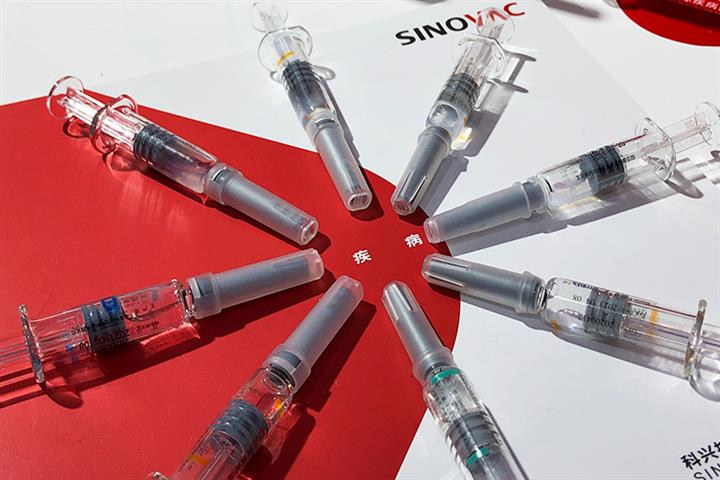 Sinovac Clinches USD700 Million Brazil Deal, Setting New Record for Chinese Vaccine Exports
Sinovac Clinches USD700 Million Brazil Deal, Setting New Record for Chinese Vaccine Exports(Yicai) Nov. 26 -- Sinovac Biotech has signed a USD700 million vaccine supply agreement with Brazil’s health ministry, marking the largest international order ever secured by a Chinese vaccine developer.
Sinovac will work with its local partner Tecpar, the technology institute for the Brazilian state of Paraná, and Eurofarma, a major pharmaceutical company in the South American country, to build a vaccine industrial platform and supply about 60 million doses of chickenpox and rabies vaccines, the Beijing-based company said yesterday.
The 10-year deal highlights deepening health cooperation between China and Brazil under the BRICS framework and underscores Brazil’s efforts to strengthen local vaccine production capacity. The Chinese firm noted that the bid was made possible through joint support from the Chinese and Brazilian governments to promote collaboration in the vaccine sector.
Sinovac added that the new platform will improve vaccine accessibility in Brazil and benefit many countries in the Global South, while Sinovac will also collaborate with scientists from both countries to expand cooperation beyond vaccines into the broader biopharmaceutical field.
Sinovac, founded in 2001, specializes in the research and development of vaccines for infectious diseases, including viral hepatitis, influenza, pneumonia, polio, and chickenpox. Its inactivated Covid-19 shot was added to the World Health Organization’s Emergency Use Listing Procedure during the pandemic and supplied more than 100 countries and regions.
Boosted by Covid-19 vaccine revenue, Sinovac’s performance surged in 2021, with net profit reaching USD8.5 billion and revenue USD19.4 billion, representing year-on-year increases of 80 times and 37 times.
But as the pandemic waned, the company’s performance declined sharply. Sinovac’s most recent financial disclosure, the mid-2024 report, showed a net loss of USD10.9 million in the first 6 months, widening 22 percent from a year earlier, while revenue fell 14 percent to USD121.3 million.
Editor: Emmi Laine